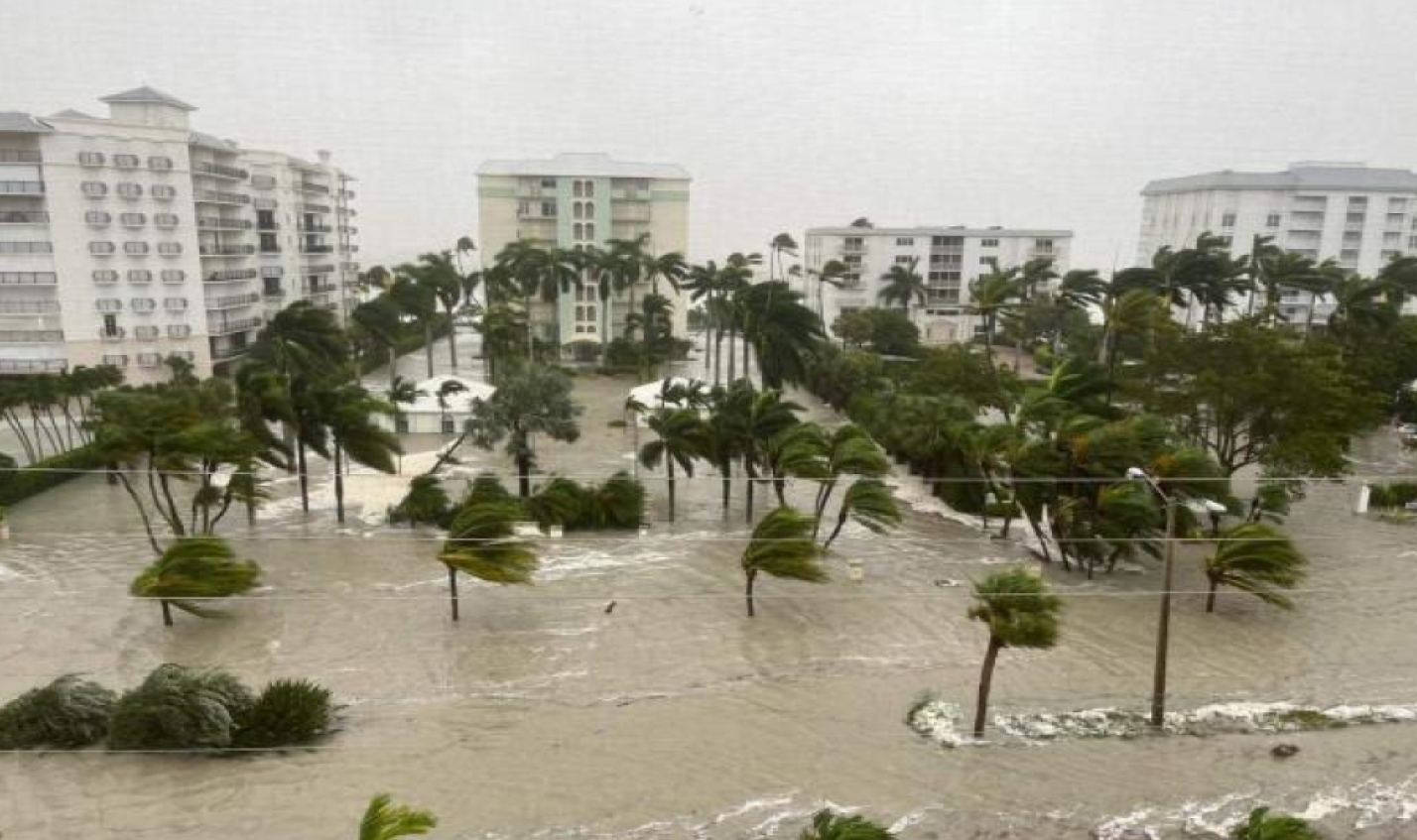North Korea Accuses South Korea of Drone Provocation, Threatens Retaliation with Force
Ready to uncover the truth? Sick of the lies? Join our Telegram Channel now. It’s time for the real story! My gratitude to all my readers!
Tensions between North and South Korea escalate as Pyongyang accuses Seoul of flying drones to drop anti-North propaganda. North Korea threatens military retaliation, intensifying fears of conflict on the Korean Peninsula. Discover the latest developments and the dangerous implications in this in-depth analysis.
In a dramatic escalation of tensions on the Korean Peninsula, North Korea has made a bold accusation against its southern neighbor, claiming that South Korea has flown drones over Pyongyang to drop anti-North Korean propaganda leaflets. North Korea, infamous for its unpredictable and often aggressive military posturing, has now threatened to retaliate with overwhelming force if these actions occur again. This threat, issued by North Korea’s Foreign Ministry, underscores the fragility of peace in one of the most militarized regions in the world.
A Prelude to Conflict: The Accusation that Shook the Region
The accusation, announced in a fiery statement by North Korea’s Foreign Ministry on Friday, alleges that South Korean drones were spotted in the night skies of Pyongyang on multiple occasions this month—on October 3, and again on Wednesday and Thursday of this week. The North claims that these drones were used to drop leaflets filled with anti-regime propaganda, a tactic that has been a longstanding irritant between the two nations.
This alleged violation of North Korea’s airspace, particularly over its sacred capital city, has been framed as an intolerable breach of sovereignty. North Korea has always been highly sensitive about any perceived threat to its internal security, but this time, the regime’s rhetoric has reached new heights.
North Korea’s Response: “The Safety Lock on Our Trigger Has Been Released”
In a chilling warning, the North Korean Foreign Ministry declared that the “safety lock on our trigger has now been released.” This cryptic but ominous statement seems to suggest that Pyongyang is on the brink of a military response, ready to act without further provocation. The use of the phrase “safety lock” gives a sense of impending action, leaving little room for ambiguity.
This is not just the typical saber-rattling from Pyongyang, but rather a specific and potentially deadly threat. By saying, “We will be prepared for everything and will be watching,” North Korea is implying that it is no longer in a defensive posture—it is actively preparing for confrontation. This language, especially the metaphor of gambling with citizens’ lives, adds a human dimension to the rhetoric, hinting at the potential devastation that could follow if hostilities break out.
South Korea’s Silence: A Calculated or Dangerous Move?
Interestingly, despite the gravity of these threats, South Korea’s government and military have remained silent. This silence may be a tactical move, allowing time to assess the situation, but it could also be a dangerous gamble. Pyongyang’s accusations, whether true or false, have raised tensions to a dangerous level, and any miscalculation could lead to conflict.
Historically, South Korea has often refrained from immediately responding to North Korean provocations, perhaps to avoid escalating tensions further. However, in this case, the absence of a direct response could embolden North Korea, convincing the regime that its threats are being taken lightly or, worse, ignored. The world waits to see whether Seoul will address the allegations head-on or continue its stoic silence in the face of increasing aggression.
Rising Tensions: The Context of Military Escalations
This latest development comes at a time of heightened tensions between the two Koreas. Since North Korean leader Kim Jong Un took power, the North has significantly ramped up its missile tests and other provocative military actions. Over the past year, the pace of these tests has increased dramatically, showcasing North Korea’s growing arsenal of nuclear-capable weapons and advanced missile technology. This increase in aggression has led South Korea to bolster its own military preparedness, often conducting joint exercises with its ally, the United States.
Each side views the other’s actions as acts of provocation. For North Korea, South Korea’s military drills with the U.S. are seen as preparation for an invasion. Meanwhile, South Korea and the U.S. see North Korea’s weapons tests as threats to regional stability. This vicious cycle of suspicion and aggression has left the region in a perpetual state of tension.
Psychological Warfare: The Battle of Leaflets and Balloons
The use of leaflets to spread propaganda is not new in the Korean conflict. Both North and South Korea have used this tactic for decades, each side attempting to influence the other’s population with carefully crafted messages. Recently, North Korea took this strategy to a bizarre new level by sending balloons filled with trash—paper waste, plastic, and other debris—into South Korea. This unusual form of psychological warfare has been described by some analysts as both childish and dangerous.
While the balloons may seem like a relatively harmless nuisance, they symbolize something much darker: the deep and enduring hatred between the two nations. Each side is willing to engage in even the most absurd forms of conflict to weaken the other’s resolve. In the eyes of North Korea, the use of drones to deliver propaganda leaflets in return represents a similar insult to their sovereignty, one that they are now preparing to retaliate against with force.
A Line in the Sand: North Korea’s Plan to Block South Korea Permanently
Adding to the growing list of retaliatory measures, North Korea recently announced plans to permanently sever its remaining ties with South Korea. The North Korean military stated that it will block roads and railways connecting the two nations and build up defensive fortifications along its border.
This move is more than just symbolic. It marks a definitive break in relations between the two Koreas and reflects North Korea’s desire to completely isolate itself from the South. This new posture is justified by the North as a “self-defensive measure for inhibiting war,” but in reality, it increases the likelihood of accidental or intentional conflict.
The claim that South Korea and the U.S. are engaging in “confrontational hysteria” is designed to justify these drastic steps. North Korea argues that the South’s military exercises and the presence of U.S. strategic assets in the region are pushing the peninsula toward war. From Pyongyang’s perspective, cutting off all physical and symbolic ties to the South is a way of reinforcing its readiness for conflict.
The Role of the U.S. and Its Impact on the Situation
The United States, as South Korea’s key ally, plays a critical role in this escalating crisis. North Korea has always viewed the U.S. as the puppet master behind South Korea’s military decisions, and any increased U.S. military presence in the region only heightens North Korea’s fears of an imminent invasion.
The joint military exercises between the U.S. and South Korea have long been a source of tension. While these exercises are framed as purely defensive, North Korea perceives them as a clear signal of preparation for war. In response, North Korea often ramps up its own military drills, creating a dangerous tit-for-tat dynamic that could easily spiral out of control.
North Korea’s recent threats could also be seen as an attempt to drive a wedge between the U.S. and South Korea, creating fear and uncertainty within the alliance. By escalating its rhetoric, North Korea may be trying to pressure South Korea into backing away from its military partnership with the U.S. However, this is a risky strategy, as any perceived weakening of the U.S.-South Korean alliance could embolden North Korea to take more aggressive actions.
The Dangerous Gamble of Provocation
The key question now is whether North Korea is bluffing or whether it truly intends to follow through on its threats. Historically, North Korea has made numerous threats that never materialized, using aggressive rhetoric as a way to extract concessions from the international community. However, this time feels different. The specificity of the threats, the direct accusations against South Korea, and the broader context of escalating military tensions all suggest that Pyongyang may be preparing for something more serious.
North Korea’s warning that the “safety lock” on its trigger has been released suggests that it is actively considering military action in response to any future drone incursions. Whether or not South Korea actually sent drones over Pyongyang is almost irrelevant at this point. The perception of threat, combined with North Korea’s historical sensitivity to perceived insults, has created a dangerous situation where any miscalculation could lead to disaster.
What Happens Next?
With both sides seemingly unwilling to back down, the situation on the Korean Peninsula remains perilous. North Korea’s decision to permanently cut ties with South Korea and fortify its border suggests that it is preparing for a long-term standoff. Meanwhile, South Korea’s silence in the face of these accusations could be seen as a strategic move to avoid further escalating tensions, but it also leaves room for misunderstanding and miscalculation.
The international community, particularly the U.S., will need to tread carefully in the coming weeks. Any military action, however limited, could spark a wider conflict that would have devastating consequences not just for the Koreas, but for the entire region. North Korea has already proven that it is willing to use extreme measures to defend what it sees as its sovereign rights, and South Korea, backed by the U.S., has shown that it will not be intimidated by Pyongyang’s threats.
In the end, this latest crisis serves as a stark reminder of the volatility of the Korean Peninsula. With both sides locked in a dangerous game of brinkmanship, the world can only hope that cooler heads will prevail before it is too late.
Our mission to champion democracy, freedom of speech, and patriotic values relies on the support of dedicated individuals like you. Your contribution is vital in helping us provide insightful analysis, uncover pressing issues, and inspire positive change in our nation.
Join us in our commitment to making a difference. Every donation counts and empowers us to continue our work in advocating for the values we hold dear.
Thank you for being a crucial part of our journey.

I’m a 33-year-old writer and the founder of World Reports Today. Driven by the timeless principles of democracy and freedom of speech, I use my platform and my writing to amplify the voices of those who uphold these ideals and to spark meaningful conversations about the issues that truly matter.






